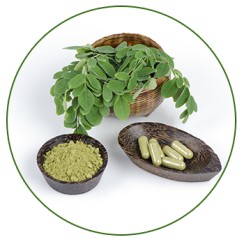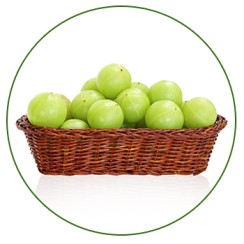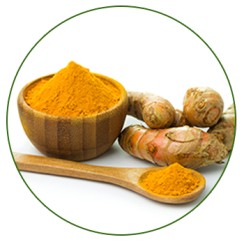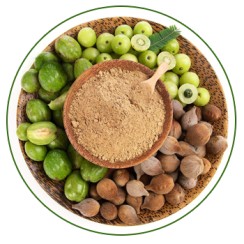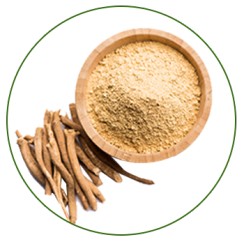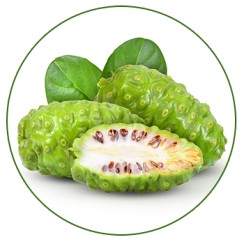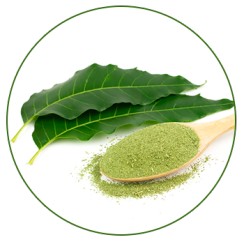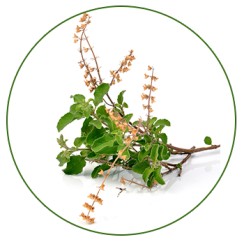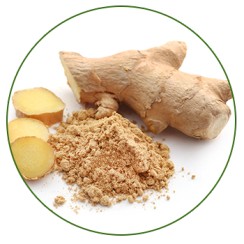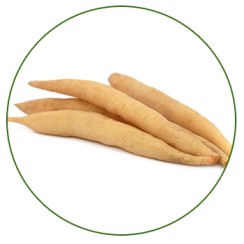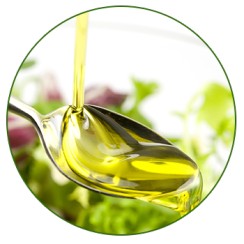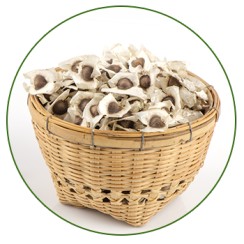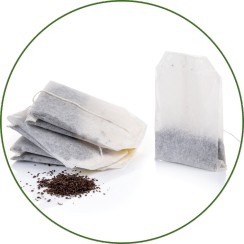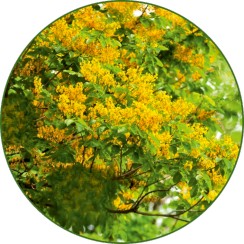ORGANIC NONI POWDER
What Is Organic Noni Powder?
Organic noni powder is derived from the fruit of the noni plant, scientifically known as Morinda citrifolia.
Noni is a tropical fruit native to Southeast Asia, Australia, and the Pacific Islands.
It has a long history of traditional use in Polynesian cultures for its purported benefits.
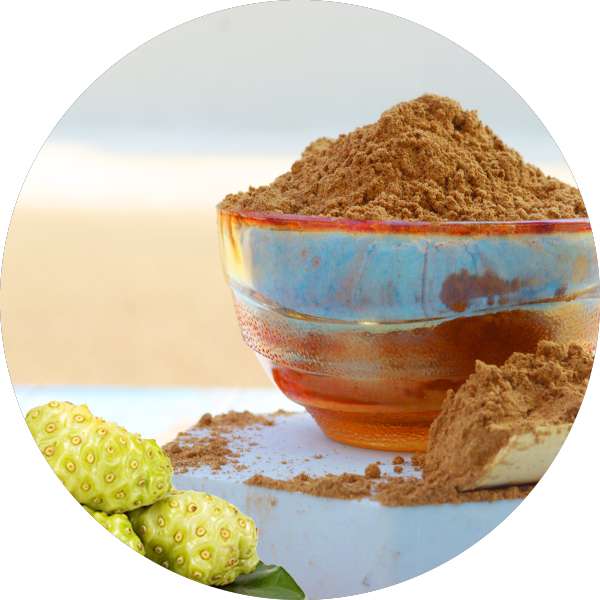
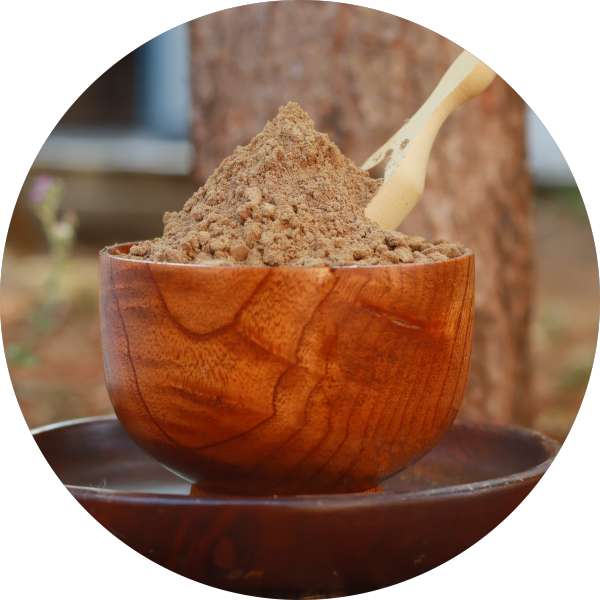
Organic noni powder is made by drying noni fruit at low temperatures and then grinding it into a fine powder.
The organic label indicates that the fruit used in the powder is grown without synthetic pesticides, herbicides, or fertilizers.
Noni powder is often used as a dietary supplement and is believed to have various benefits.
Although scientific evidence supporting these claims is limited.
Organic Cultivation And Farming
We specialize in the organic cultivation and farming of noni powder, ensuring that our product is ethically sourced, sustainable, and 100% organic for our customers.
With a focus on traceability, we guarantee the origin of our noni powder.
We prioritize our contract farmers, valuing their contributions to our process.
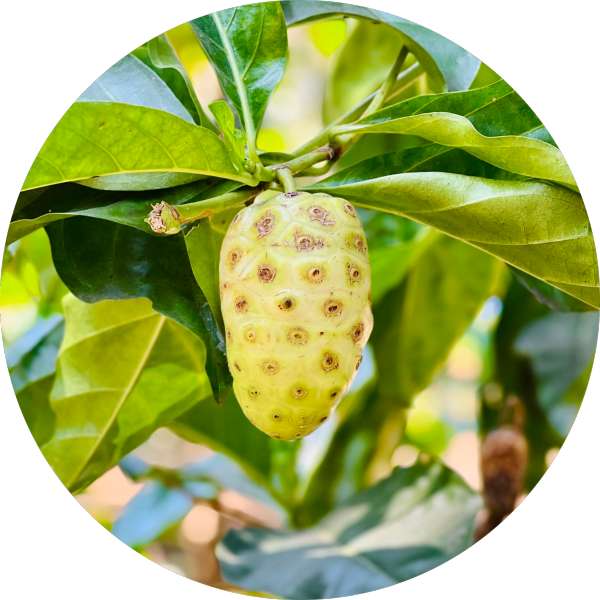
Processing Unit And Packing
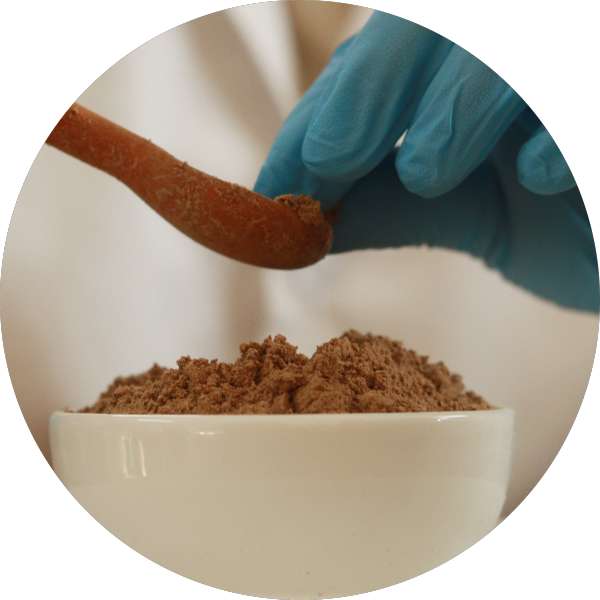
Processing unit and packing of organic noni powder typically involve several steps to ensure quality.
And hygiene standards are also maintained.
Grenera Nutrients takes pride in its state-of-the- art processing facilities.
Eventuallywhich play a vital role in ensuring the exceptional quality of our organic noni powder.
Our commitment to preserving the natural-color, aroma, and nutritional-content of the leaves is reflected in our meticulous-drying and packaging processes.
Harvesting:
Noni fruits are harvested from organic farms when they are ripe. Care is taken to ensure that only high-quality fruits are selected for processing.
Cleaning:
The harvested noni fruits are thoroughly cleaned to remove any dirt, debris, or contaminants. This step is crucial for maintaining hygiene standards.
Drying:
The cleaned noni fruits are then dried using various methods such as sun drying or dehydrators. Drying helps in preserving the fruits and reducing moisture content.
Grinding:
Once dried, the noni fruits are ground into a fine powder using grinding machines. This step helps in breaking down the fruits into smaller particles, making it easier to process further.
Quality Control:
Throughout the processing unit, quality control measures are implemented to ensure that the organic noni powder meets the required standards. This includes regular inspections, testing for purity, and adherence to organic certification guidelines.
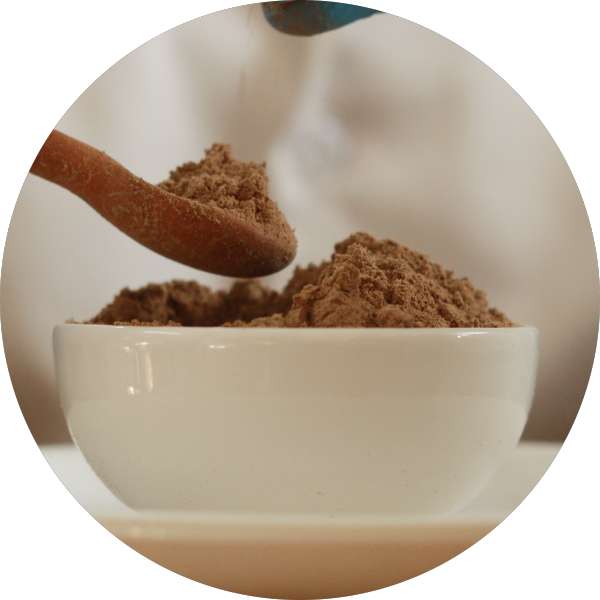
Packaging:
After the noni powder is processed and quality-checked, it is packed into suitable packaging materials. These may include food-grade pouches, jars, or other containers designed to protect the powder from moisture, light, and contamination.
Organic Noni Powder Packaging In Bulk
| Loaded In a 20 Ft container with pallets | Loaded In a 20 Ft container without pallets | |
|---|---|---|
| Packing | 20kgs in a carton box | 20kgs in a carton box |
| Carton box dim | 43X43X30 Cms | 43X43X30 Cms |
| Total Pallets | 19 nos (18 cartons per pallet) | – |
| Total Cartons can be load in 20FT Cont | 342 nos | 450 nos |
| Total Quantity | 6840 KGS | 9000 KGS |
Organic Noni Powder Packaging In Retail
| Product | Organic Noni Powder |
|---|---|
| Package Type | Kraft pouch , Silverfoil pouch |
| Quantity | 100g,200g,500g,1kg |
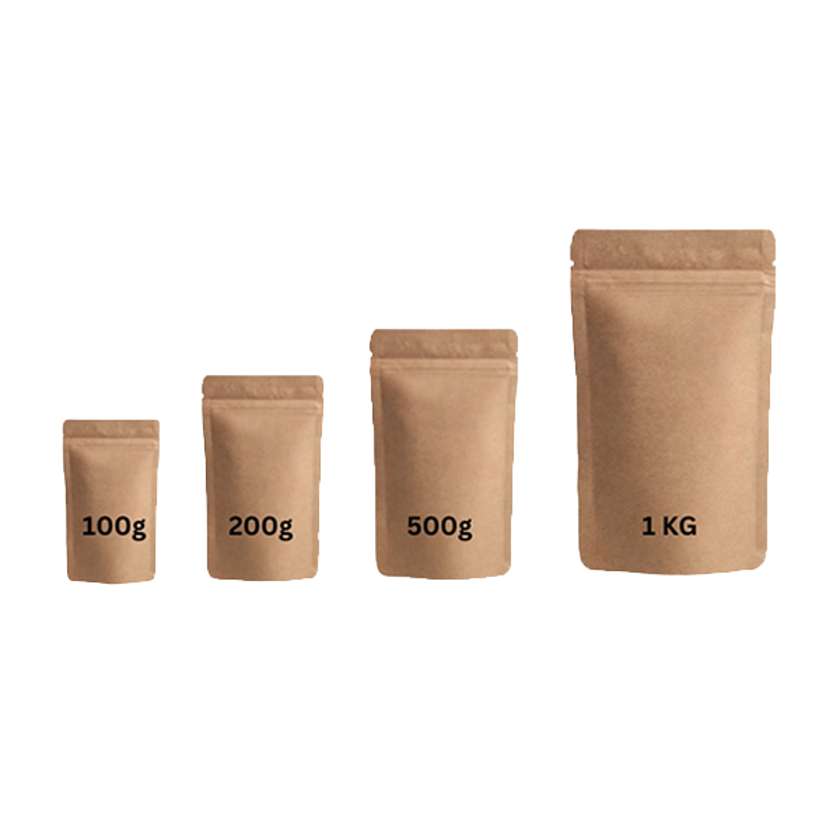
Kraft Bag
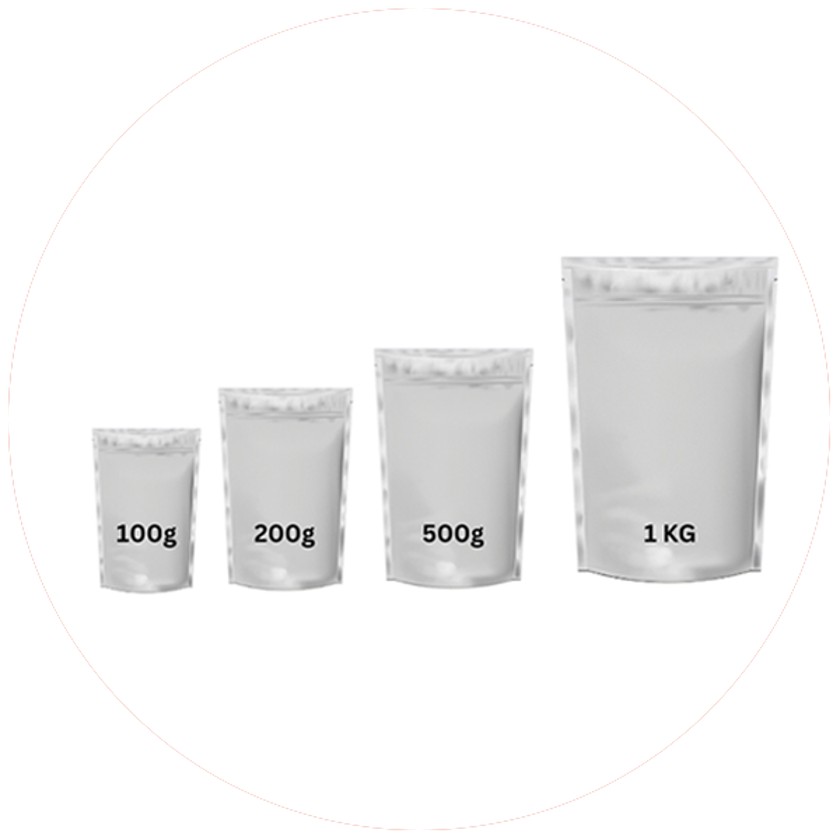
Silver Foil Pouch
Certifications
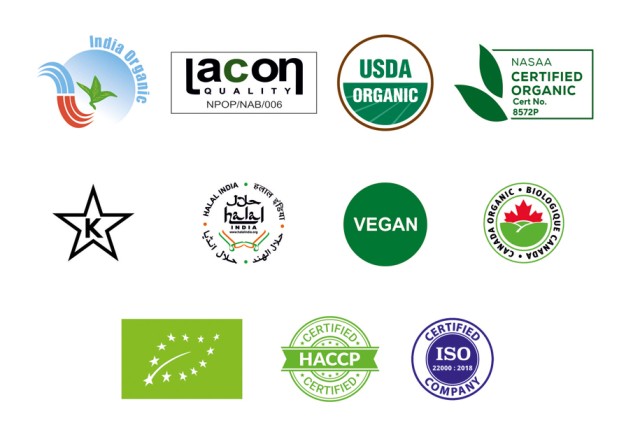
Exporting organic noni powder typically involves adhering to specific certifications and regulations to ensure the product meets international standards and requirements. Here are some certifications commonly needed for exporting organic noni powder:
Organic Certification: The product must be certified organic by an accredited certifying body. In the United States, this could be the USDA Organic certification. In other countries, there are equivalent certifications, such as the EU Organic Certification for European markets.
ISO Certification: ISO 9001 certification ensures quality management systems are in place, which can be important for establishing credibility and quality assurance.
HACCP (Hazard Analysis Critical Control Point) Certification: This certification ensures that food safety management systems are in place to identify, evaluate, and control hazards related to food safety.
GMP (Good Manufacturing Practices) Certification: Compliance with GMP ensures that the product is consistently produced and controlled according to quality standards.
Kosher Certification: If you plan to export to markets where kosher certification is required or valued, obtaining this certification may be necessary.
Halal Certification: Similar to kosher certification, if exporting to markets where halal certification is necessary, you may need to obtain this certification.
Fair Trade Certification: While not mandatory, having fair trade certification can demonstrate a commitment to fair labor practices and sustainable sourcing, which can be appealing to certain markets.
Country-Specific Import Regulations: Ensure compliance with the import regulations of the target country, which may include specific certifications or documentation requirements beyond those mentioned above.
It’s essential to research the specific requirements of the target export markets and work with regulatory agencies and certification bodies to ensure compliance with all necessary certifications and regulations. Additionally, maintaining documentation and records of certifications and compliance measures is crucial for successful exportation.
*No MOQ (Minimum Order Quantity).

